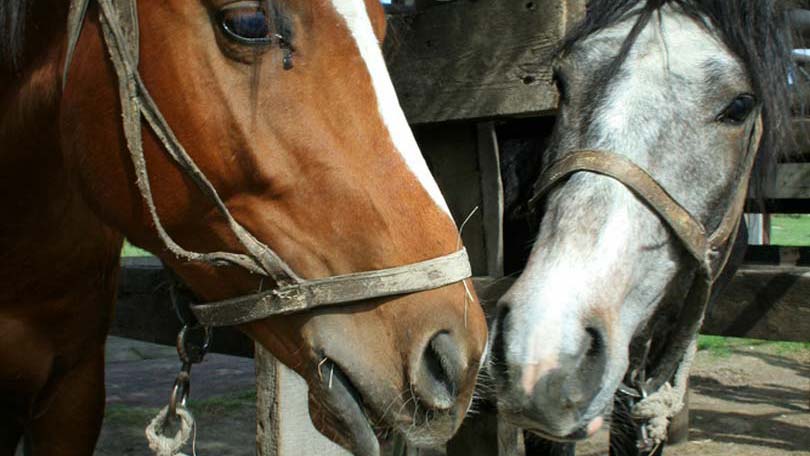
In order to sell your horse there are some general guidelines that you should follow in order to ensure the happiness of your horse, yourself, and the purchaser.
Marketing your horse will primarily depend on its breed, value, and discipline. The first person to consult when contemplating selling your animal is your trainer or riding lesson instructor. Most horse trainers have a barn full of clientele, and some may be looking for a horse like yours, or know someone who is. The same goes for your instructor. These people are also familiar with your horse, and know what type of situation would best suit the animal. You can also be assured as an owner that your animal will probably be placed in a good environment, if it is one that was recommended by these equine professionals.
Should there be no immediate leads on a potential buyer, marketing will be your next step. Your horse trainer should be willing to market your horse for you, and this will require a commission to be paid on your behalf. Usually this fee ranges from 7.5% through 15%. Making videos of the animal working and running loose should be done, as well as placing him on the trainer’s website under sales. He can also aid you in deciding on the asking price. Remember, if there is a bottom line figure that you need, be sure and add the commission on top of that. You may also want to give yourself room to bargain.
Making up flyers is another way to get the word out about your horse. Include a professional photo, if available, and a description of the horse. Size, age, color, temperament, discipline, breed, sex, and any competition record are necessary pieces of information. You may want to place the price of the animal on the flyers, as no price often leads people to believe it is high. Placing these flyers at horse shows, tack shops, feed mills, and veterinarians’ offices are a good place to start.
The internet is a great resource for marketing your horse. Most breeds offer their own websites, complete with classified sections. These websites are especially advantageous, as people who surf them are generally knowledgeable about the breed and genuinely interested in it. These sites also have horses that range in price and discipline, so the chance that your horse will fit in is good. There are also general sales sites that are very effective. Ask your “horsey” friends or trainers which ones they like. Remember, pictures are a wonderful tool, and include them whenever possible. Breed affiliated magazines have classified sections as well. They can be a bit more expensive to work with, so consult with the publication before making any decisions.
You want to make sure that you are protected in any sale, and should have a sales contract made up. Sample forms can be found on the internet, or your trainer or instructor may already have them made up. Most contracts verify the condition of the animal as of the date of sale. They also guarantee pedigree and intent to transfer any registration papers and awards programs that the animal is enrolled in. Encourage the buyer to have a pre-purchase examine performed, as this will further reduce any claim they could possibly have against you for negligence.
Before releasing your horse, find out about the buyers. Make sure the animal will be well cared for. And be sure that they are not buying a horse that they cannot handle or will disappoint them. Often, horses are abused because they are expected to perform in ways that they are not ready for or trained to do. Make sure the buyer knows exactly what he is getting. Both he and your horse will be better off for it.





